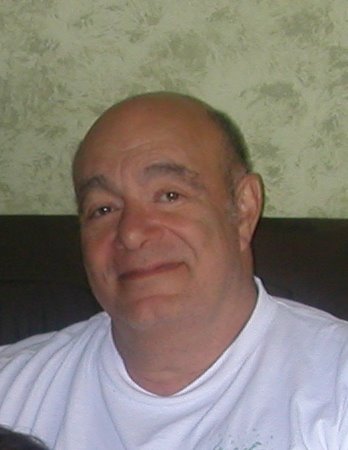THE OSCILLATING ENTROPY UNIVERSE
I saw an article a few days ago on the internet
(sciencealert.com/the-entire-universe-could-be-twice-as-old-as-we-thought) that suggests that
previous estimates of the size of the universe may be inaccurate. I‘ll not go into
the details here (copy and paste the link address if you're curious),
but basically the article was an attempt to reconcile the
red-shift of distant light sources taking into account the coupling
constant, which isn’t a constant at all but rather varies with energy. The
coupling constant may be much different now that it was in the early universe.
The article in ScienceAlert was probably based
on a much more detailed treatise that exists somewhere. The linked article was written
for the layman and it leaves a lot to the imagination. But I‘ve had a problem with
the estimates of the age of the universe, and the Big Bang theory, for some
time now - since long before that article appeared.
There was a recent Youtube video from Veritasium (youtu.be/DxL2HoqLbyA) on the
topic of entropy. It is a well explained description of entropy that has the
universe starting with very, very low entropy, nearly zero, and ending at
maximum entropy. According to Clausius Entropy theory¹, entropy is a
one-way street. It always increases. Just as time goes only in one direction
entropy also goes in only one direction, that is, it inexorably increases. The Verisatium video explains that the universe started
with a uniform distribution of energy, and then entropy happened. Gravity
caused clumping, and those clumps attracted each other, and so on. We are
observing the universe somewhere into its whole lifespan, and it is very clumpy
right now. But eventually it will devolve to maximum entropy, where energy is once
again uniformly distributed. Watch the Youtube video.
It moves a bit slowly at points, but it’s fascinating.
While I was watching the video for
the first time (‘ve watched it several times, and parts of it repeatedly), I
pondered the state of the universe a few milliseconds after the Big Bang. At
that instant, the universe would have appeared exactly the same as it will
billions of billions of millennia from now some few milliseconds before it
reaches maximum entropy. ‘ll give you a moment to consider
that. If the theory of entropy is correct, then at some point in the far
distant future, the universe will look exactly the way it looked just a few
milliseconds after the Big Bang. Pause and try to take that in before you read
on.
There is a period of time just after
the Big Bang that we know very little about. The math starts to break down in
that extreme. Suppose, however, that the universe never was in that state! Let’s
imagine that there was a universe that had accumulated enough entropy that it
looked precisely like our universe looked just a few milliseconds after the Big
Bang. What prevented gravity from causing that universe to begin clumping just
as ours did, until it became something like the universe we observe now? And
suppose further that it continued to devolve, driven by entropy, until it
reached that state again after billions and billions of millennia.
I propose, based strictly on my
understanding of entropy with no supporting mathematics whatsoever, that the universe we live in
evolved from a prior universe that had been driven by entropy to a state that
didn’t just look like, but actually WAS the state of our universe a short time after
the math tells us there was a Big Bang. The Big Bang,
then, never had to happen. The lowest entropy of our universe was, exactly, the
highest entropy of the previous universe. As I remember it, the mathematics of the
Big Bang don’t work well until a few milliseconds after the Big Bang, but perhaps
the prior universe got to a point where it looked like our universe, oh, say,
400 million years after the mathematics tell us there was a Big Bang, and our
universe actually started from there.
Let’s call this the Oscillating
Entropy Universe theory. The period of oscillation is very, very long, and we
might never be able to take enough measurements to verify the rate of the
oscillation, that is, the time it takes from when entropy begins to rise until
it reaches a maximum and reverses. It may, however, be possible to make a
mathematical estimation of that period. And of course
it is entirely possible that my OEU theory is all wet, and some simple proof of
that is possible. And it's also entirely possible (and I suspect that) someone
else has previously proposed the same hypothesis, and the theory lies in some
moldy pile of doctoral theses in some dank university library basement.
I leave it now to the mathematicians
and physicists. I don’t know enough, and I am disinclined, to carry on any
further.
Footnote 1: No citation. Clausius discussion of entropy is available on-line, but I didn't care enough to pay to read it. I am depending on my sixtyish-year-old education, my memory, and Verisatium, for my understanding of entropy.
